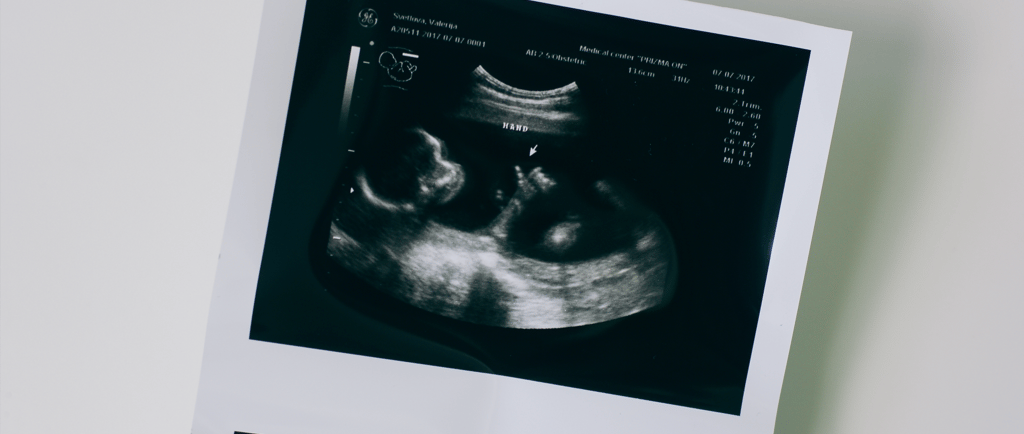After How Many Weeks Is an IVF Pregnancy Considered Safe?
3 min read


If you’ve recently had a positive pregnancy test after IVF, first—take a deep breath. You’ve made it through hormone injections, scans, egg collection, and embryo transfer. It’s natural to wonder: when will I finally feel like this pregnancy is safe?
At fertie, we know the wait for reassurance can be one of the hardest parts of the IVF journey. While no pregnancy comes with guarantees, understanding the milestones ahead can offer clarity—and a little peace of mind.
Why IVF Pregnancies Are Closely Watched in Early Weeks
IVF pregnancies often come with a heightened sense of vigilance. Whether it’s your first positive test or you’ve been through multiple cycles, many women feel more cautious—and that’s completely understandable.
Clinics monitor IVF pregnancies more intensively in the early weeks, especially after the time, energy, and hope invested in getting here. You’ll likely have more frequent ultrasounds and hormone checks than in a naturally conceived pregnancy.
When Do IVF Pregnancies Become “Safe”?
While “safe” is a subjective word, here’s what most fertility doctors and OB-GYNs will tell you:
Once you’ve passed the first trimester, many risks decrease significantly.
But it's important to focus on the key milestones that mark progress along the way.
IVF Pregnancy Milestones to Know
6-7 Weeks: First Ultrasound and Fetal Heartbeat
This is often the first major hurdle.
Seeing a strong fetal heartbeat around 6 or 7 weeks reduces the chance of miscarriage by about 10-15%.
12 Weeks: End of the First Trimester
This is the milestone most people breathe a sigh of relief at.
By 12 weeks, the risk of miscarriage drops dramatically, often to around 1-5%.
Many choose to share their pregnancy news after this point.
24 Weeks: Point of Viability
At 24 weeks, the baby is considered viable, meaning it has a chance of survival if born early (with neonatal support).
Of course, this is still considered very preterm, but it’s a huge medical milestone.
37 Weeks Onwards: Full Term
Once you reach 37 weeks, your pregnancy is considered full-term.
For many IVF pregnancies, reaching this point brings immense relief, and it’s when most doctors consider things in the clear.
Is an IVF Pregnancy Higher Risk?
IVF pregnancies can carry slightly higher risks of early miscarriage, preterm labor, and complications like preeclampsia. But it’s important to remember:
Most IVF pregnancies are healthy and routine, especially after the first trimester.
Extra monitoring often means problems are spotted early, which gives you and your doctors time to manage them effectively.
Emotional Support During the Early Weeks
The early weeks of pregnancy—especially after IVF—can be a time of mixed emotions. You may feel joy, anxiety, hope, and fear all at once.
Here are a few things that can help:
Regular check-ins with your clinic or OB-GYN
Mindfulness practices, like meditation or gentle yoga
Connecting with Fertie’s community for shared stories and reassurance
Trusting your body, and the process, as hard as that can be sometimes
Final Thoughts
Every pregnancy is different, but understanding these key milestones can help you feel more grounded as you move through each stage:
6–7 weeks: Hearing a heartbeat is a major reassurance
12 weeks: The first trimester ends and miscarriage risk drops
24 weeks: The baby reaches viability, a significant medical marker
37 weeks: Full-term, and often when IVF pregnancies are considered truly “safe”
If you’re still holding your breath—know that you’re not alone. The early weeks after IVF can be an emotional rollercoaster, and it’s okay to feel cautious. But each scan, symptom, and milestone brings you one step closer.
👉 Inside our Fertility 101 course, we offer compassionate, expert-led support to help you navigate IVF pregnancy week by week—with clarity, care, and community.
You don’t have to figure this alone
Inside fertie, you’ll get:
Expert-led courses to make informed decisions
Private support from women on the same path
Exclusive partner clinic perks & discounts
Disclaimer: Prices and treatment protocols vary by clinic and individual. Always consult with your fertility specialist for accurate, up-to-date pricing and guidance tailored to your situation.
© 2025. All rights reserved.
Cookie Policy

We are committed to educating and empowering women to take control of their fertility and to live life on their own terms.
FOLLOW US ON
RESOURCES
CONTACT US
